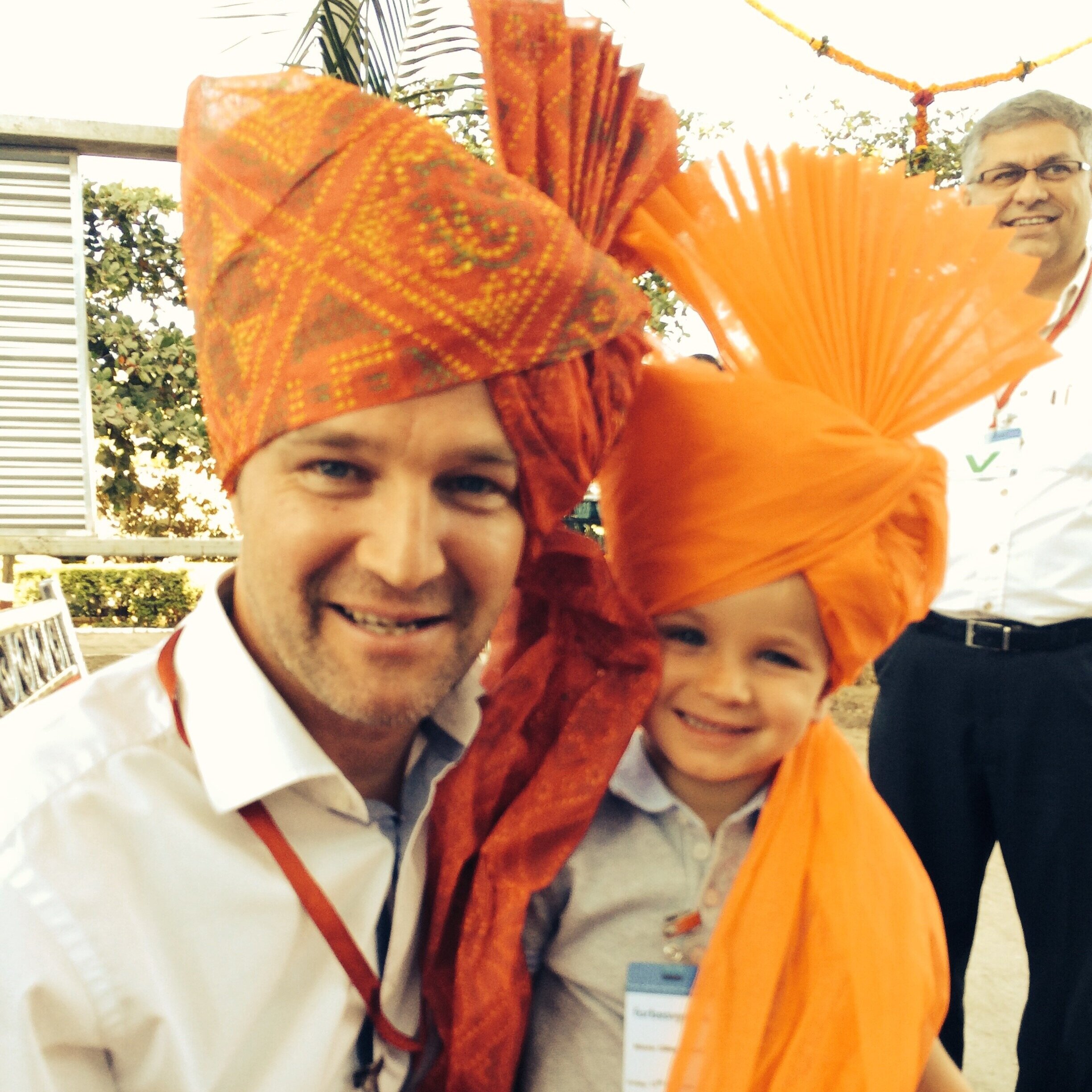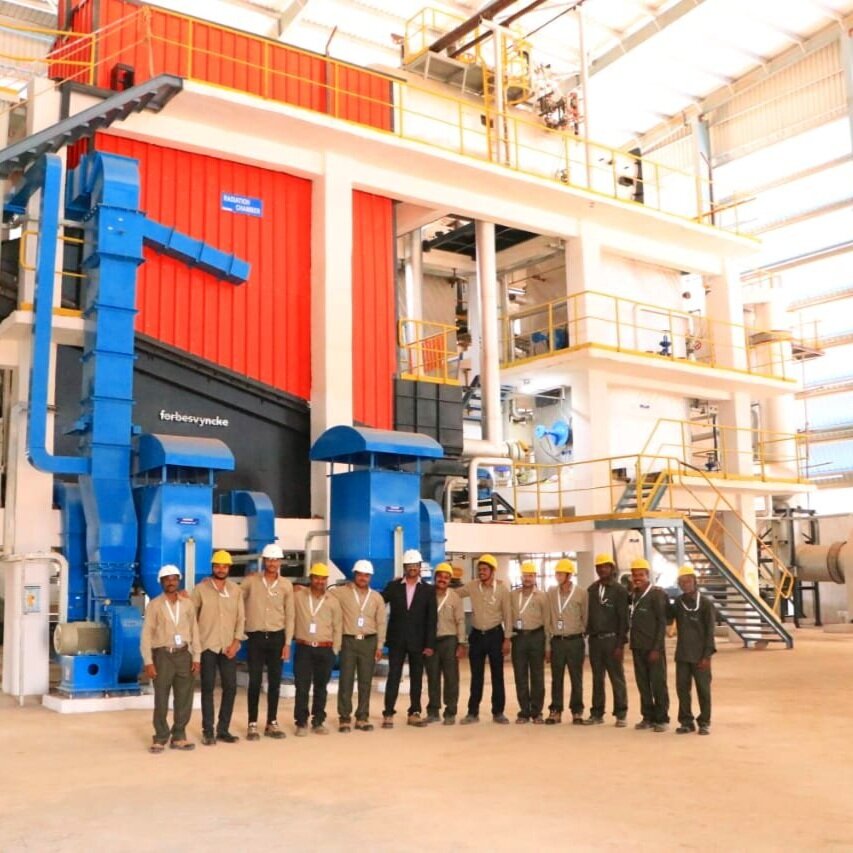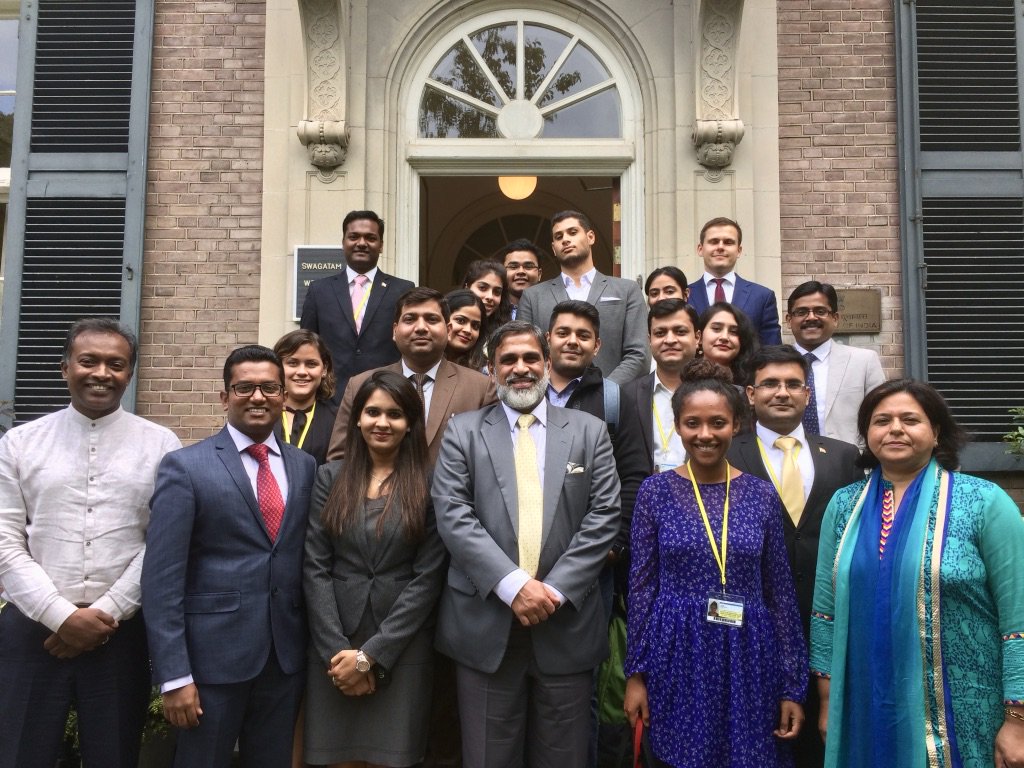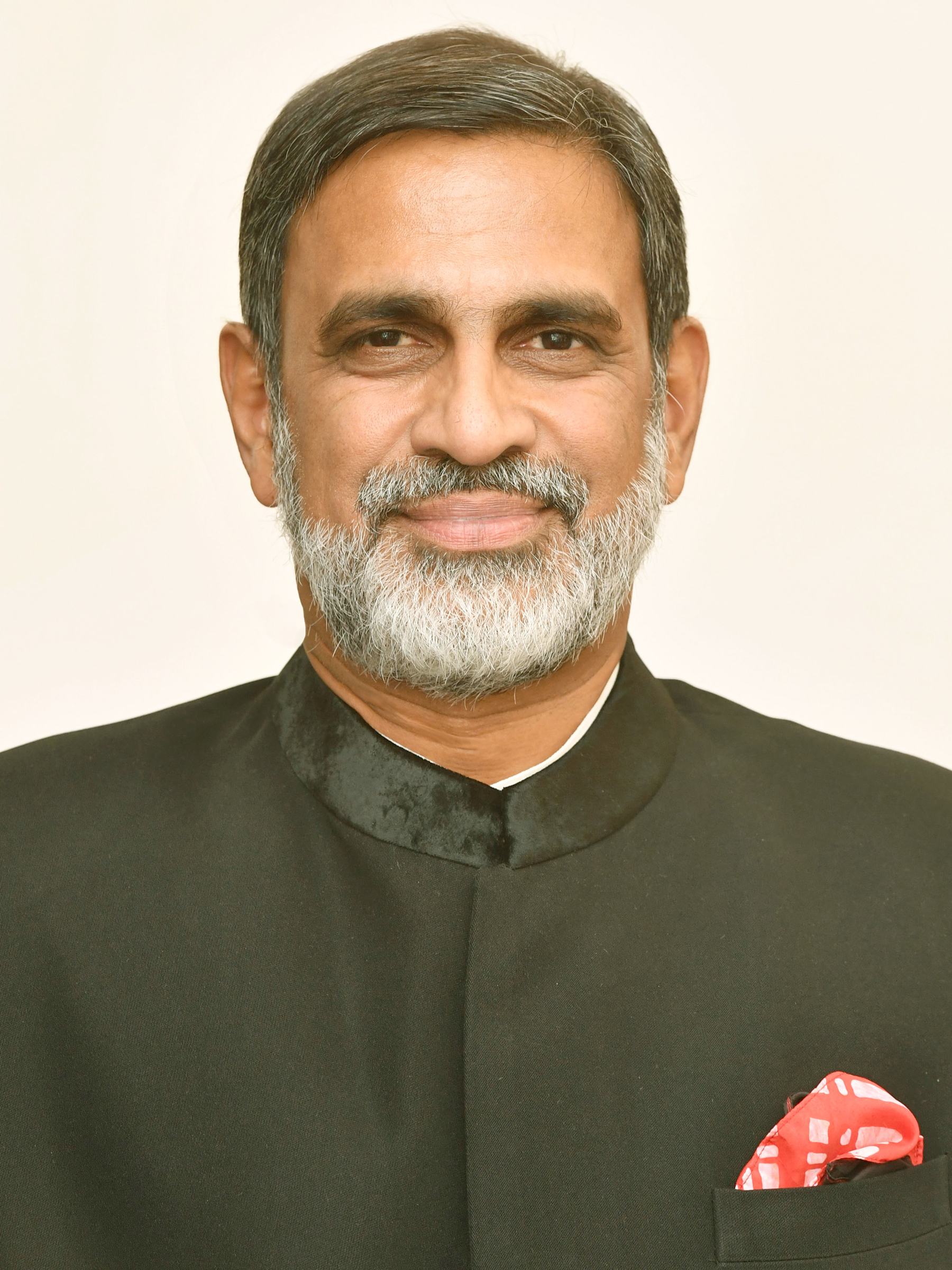In India, the number of public holidays that employees get off is not as clearly defined as in most European countries. So, when is your Indian staff entitled to a day off? Our expert Suhasini Sharma gives tips on how to organise your calendar as clearly as possible.
Diwali is one of the most important holidays in India
Holidays in India
In India, the number of paid days off that an employee can take is divided into 3 categories:
Earned leave - average of 12 days per year
Casual leave (unscheduled) - 7 days per year on average
Sick leave - average of 12-14 days per year
The minimum number of leave days that a company in India is required to provide to its employees depends on the state in which the company is located. While we have mentioned above the averages for each category of leave, this minimum varies from one Indian state to another and you cannot simply copy HR policies from other countries or even other Indian states. You should always check whether your policy complies with local regulations. Help from local experts is not an unnecessary luxury.
Suhasini Sharma
Growth Consultant
Suhasini Sharma has over 19 years of experience as a Business Intelligence Specialist and Customer Success & Growth Manager. As a Growth Consultant, she maximizes value for our clients' success by providing them with customized solutions, insights and guidance.
Her focus is cross-cultural collaboration, business development, strategy and Customer Relationship Management.
Earned leave
"Earned leave, as the name suggests, is a form of leave that is earned by employees. On average, an employee gets 1 day of leave for every month that he or she works in your company," Suhasini explains. "The condition for taking these leave days varies from company to company, but normally 15 days notice must be given. Earned leave days are deductible if they are not taken. It depends on the employer whether the settlement of outstanding earned leave days takes place at the end of each year or at the end of the employment. In the latter case, the unused leave days can thus be carried over to the following year - the maximum carry-over is 30 - but it is not mandatory for employers to offer this possibility."
Unscheduled leave
Unscheduled leave are days that can be taken by the employee just before the leave or on the day itself. "These are unexpected circumstances that result in the employee not being able to turn up at the office, such as a sick child suddenly being at home or, a very Indian problem, extreme weather and consequent huge traffic jams," says Suhasini. "Most employers do choose to limit the number of unscheduled leave days that can be taken consecutively, in many cases a person can take a maximum of two or three days of unscheduled leave in a row."
Sick leave
Sick leave can be taken for 1 or 2 days in a row, if an employee is sick for a longer period, he or she must be able to present a doctor's certificate.
Roadmap to smartly organise public holidays in India
India has 3 public holidays on which all businesses have to close:
Republic day - 26 January
Independence Day - 15 August
Gandhi Jayanti - 2 October
In addition to these three mandatory days off, dozens of public holidays are celebrated in India. When determining the number of public holidays your employees get off, it is important to check whether you are compliant with local regulations. All Indian states have set basic rules on this. Generally, a minimum of between 8 to 14 public holidays are given, depending on the state. This includes the three national holidays mentioned above and gives employers and employees the freedom to choose the other holidays themselves.
"In India, dozens of religious and regional holidays are celebrated, most of which are determined by the lunar calendar," says Suhasini. "This means that public holidays fall on a different day every year, so you have to be flexible with your planning. In addition, employers in India often have to deal with a diverse workforce that professes different religions and thus want to take time off at different times. Organising this can feel like a challenge, but there are smart ways to tackle it."
This step-by-step plan will ensure that you organise your holidays as inclusively and efficiently as possible:
1. Legal guidelines
The number of public holidays you need to take off depends very much on your location. Therefore, it is important to be aware of the holidays that your state government gives off. Every year, around October/November, Indian states publish their list in local or national newspapers. The number of public holidays that companies have to give off is also announced. This number varies from 8 to 14 days per year, depending on your location. Therefore, if you operate in several states, the number of days off may vary between your locations.
2. What are other companies doing in your area?
Apart from being aware of local regulations regarding public holidays, India also has regional holidays and, due to the use of the lunar calendar, national holidays fall on a different date in different locations. It is therefore smart to check which public holidays the companies in your region have released in recent years. This will give you a good benchmark of the most important public holidays in your state.
3. Demographic data of your employees and customers
As the holidays are important times for employees to celebrate and get together with their families, the demographics of your employees are important in determining the days you give off. Map this out and don't forget to look at your clientele. If you have many international clients, they will probably want a clear overview of the days when the office is closed or when some of the staff is absent. This could mean less flexibility for your employees. If you have many Indian clients, both in and outside your state, then you should also take into account the holidays that are relevant to them.
4. Choose a flexible or fixed approach
There are two ways to approach the release of public holidays, with a flexible or fixed list. If you opt for a flexible approach, you offer your staff the chance to take holidays that are important to them. Here's an example:
Your company is required by the guidelines to offer 10 public holidays and you have a very diverse workforce. You therefore choose to give the entire office time off during the 4 biggest and most important public holidays in India (though this will of course depend on your staff demographics), which are Diwali, Eid, Christmas and Vaisakhi (an important holiday in both Sikhism and Hinduism), and the 3 national holidays. For the other 3 days, your employees can choose on which time they would prefer to have time off by submitting these days to you. These are called non-standard holidays because not every employee, but only a specific group will have this day off.
This approach is becoming increasingly popular in India as it is the most inclusive. But for companies with a large workforce or international customers, this can be difficult to implement. In this case, you can also choose to compile a list of public holidays yourself, based on regional rules and preferences, and share it with your employees and customers.
"If you are in doubt about which holidays to include in your policy, it is good to know that Indians do not mind taking an unscheduled or earned day off for a holiday that is important to them," says Suhasini. "I'm not talking about an important festival like Diwali - you won't be able to get an Indian to the office on that day - but about lesser celebrated days. Moreover, it is not customary in India to be paid twice if an employee has to work on a public holiday; instead, this is compensated for by offering extra days off at a later date when needed, a so-called compensatory leave. These days off are similar to earned leave and can therefore be taken or credited."
The guide for employers in India
Finding, hiring and retaining staff in India, whether remote or as part of your entity, involves a lot. You have to deal with new challenges during recruitment, different rules regarding contracts and differences in the work culture. To make it all a bit clearer for you as a European employer, IndiaConnected has created a special guide with advice for every challenge you may face.







